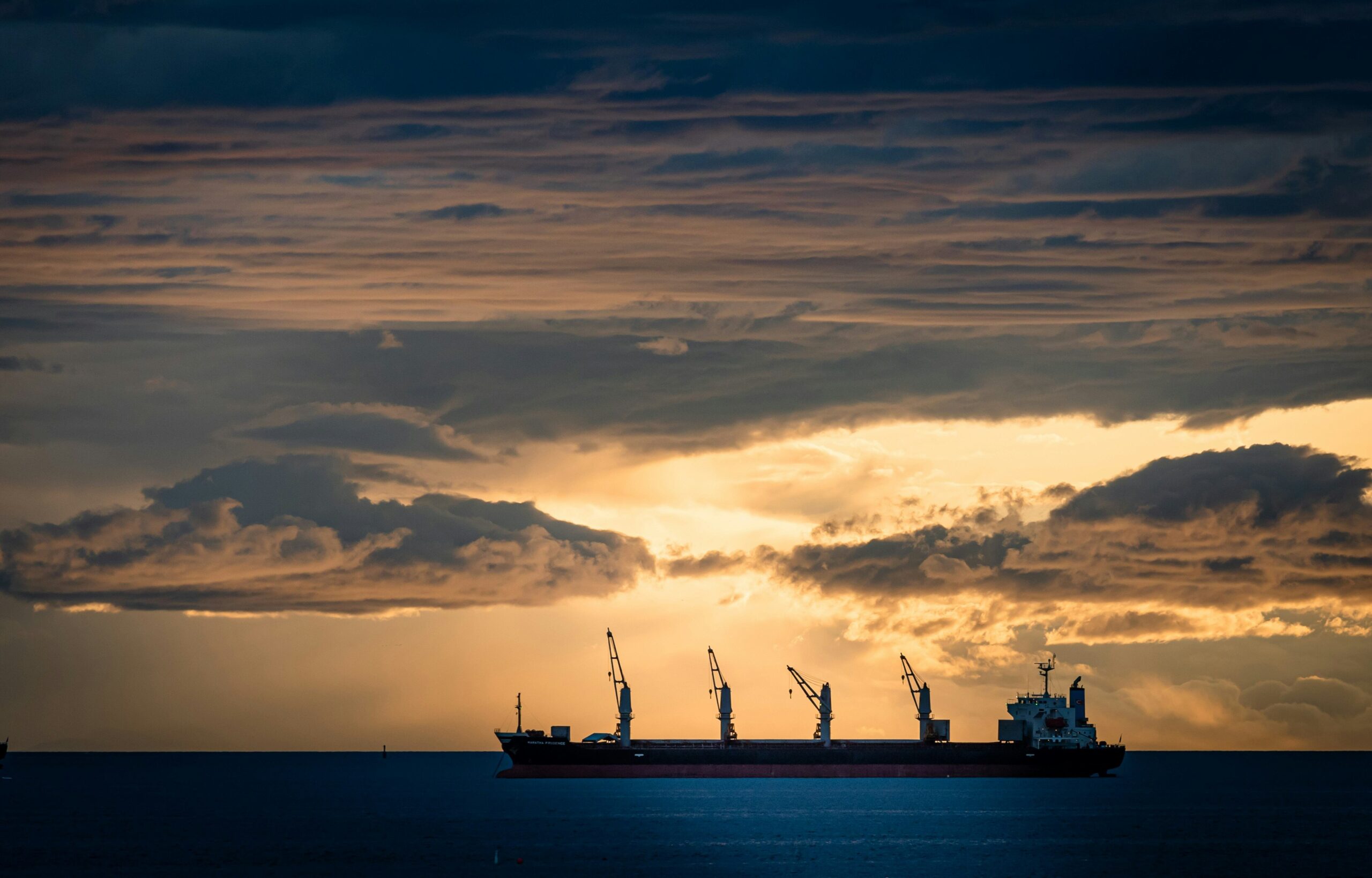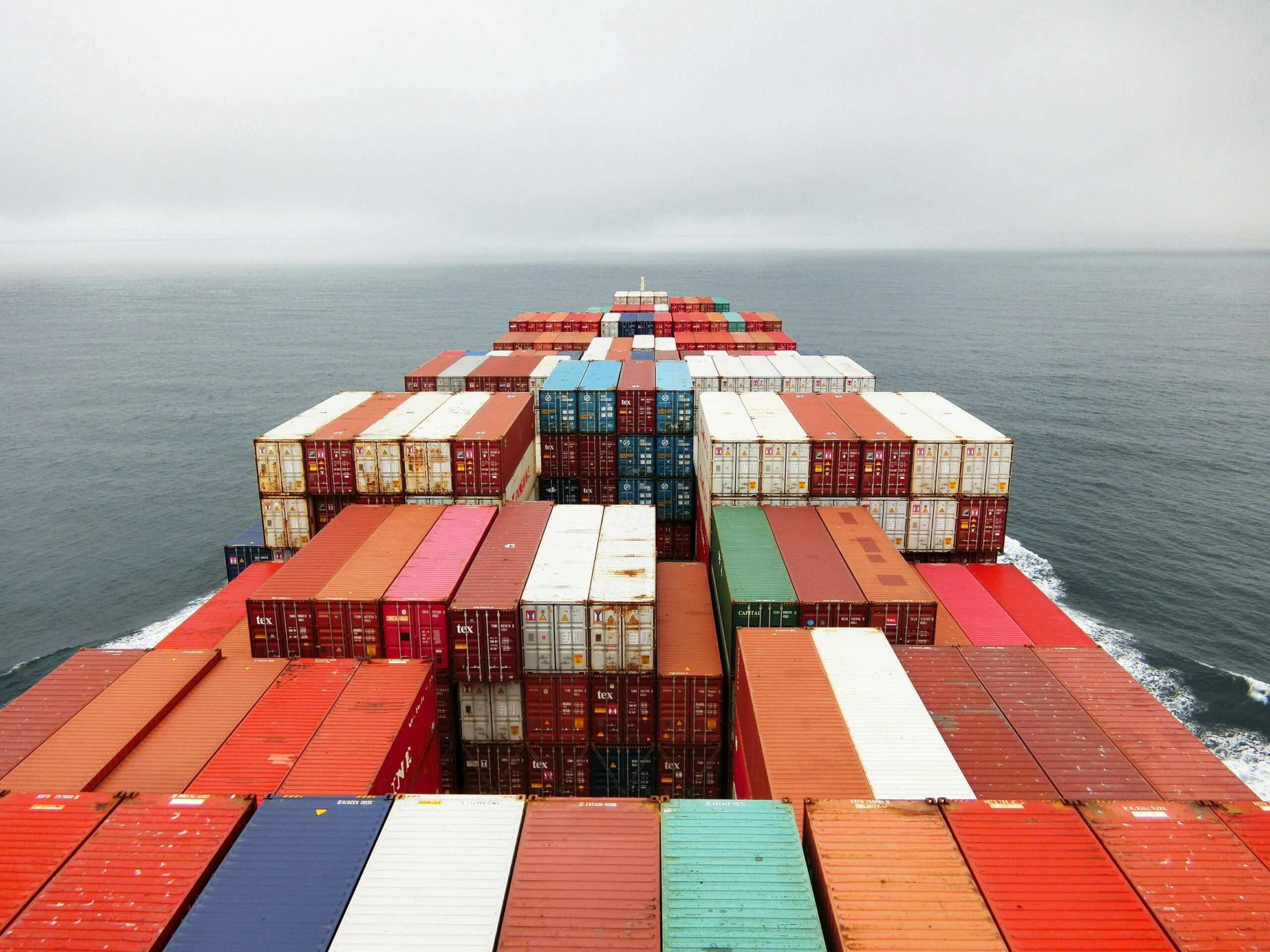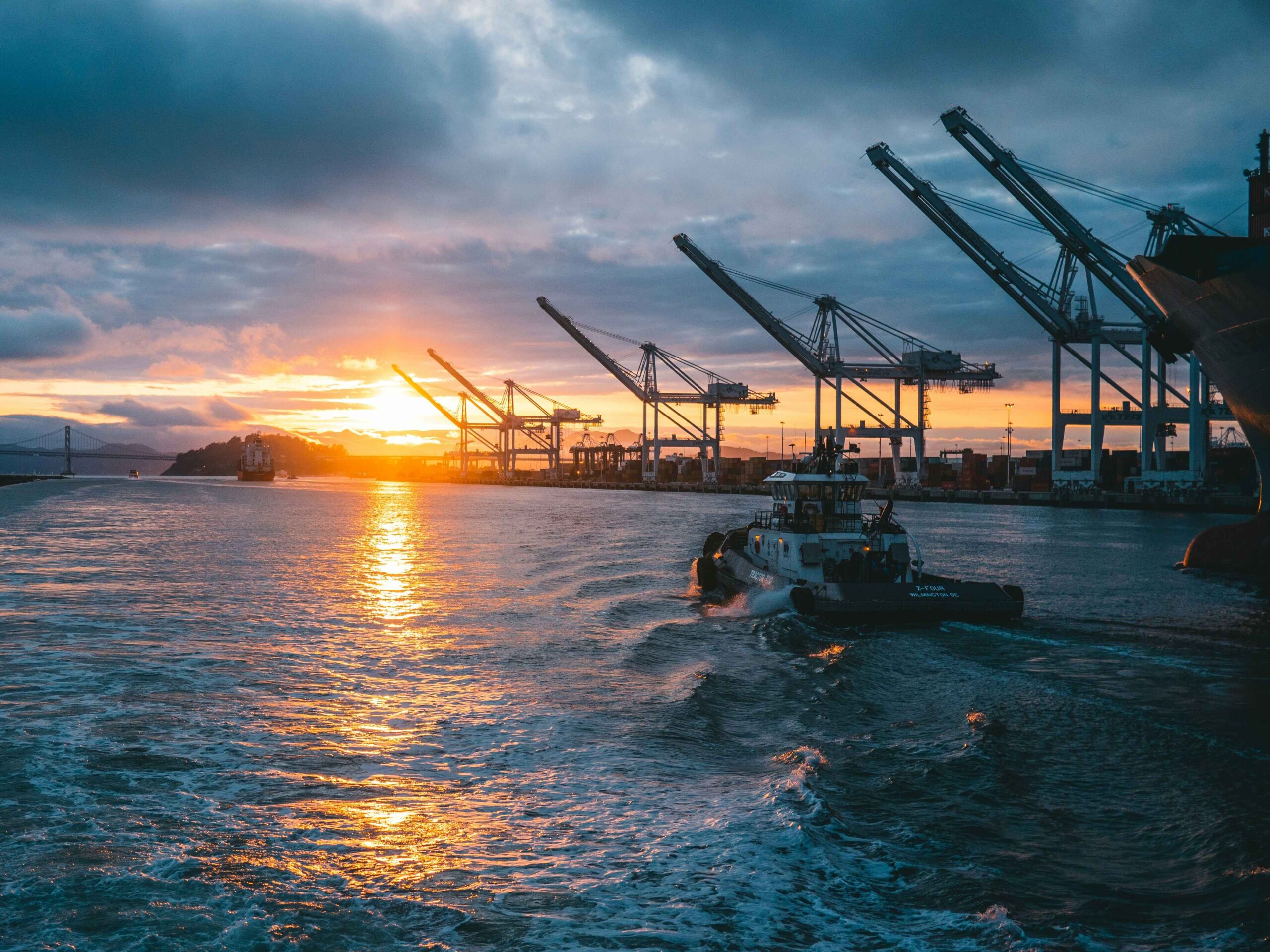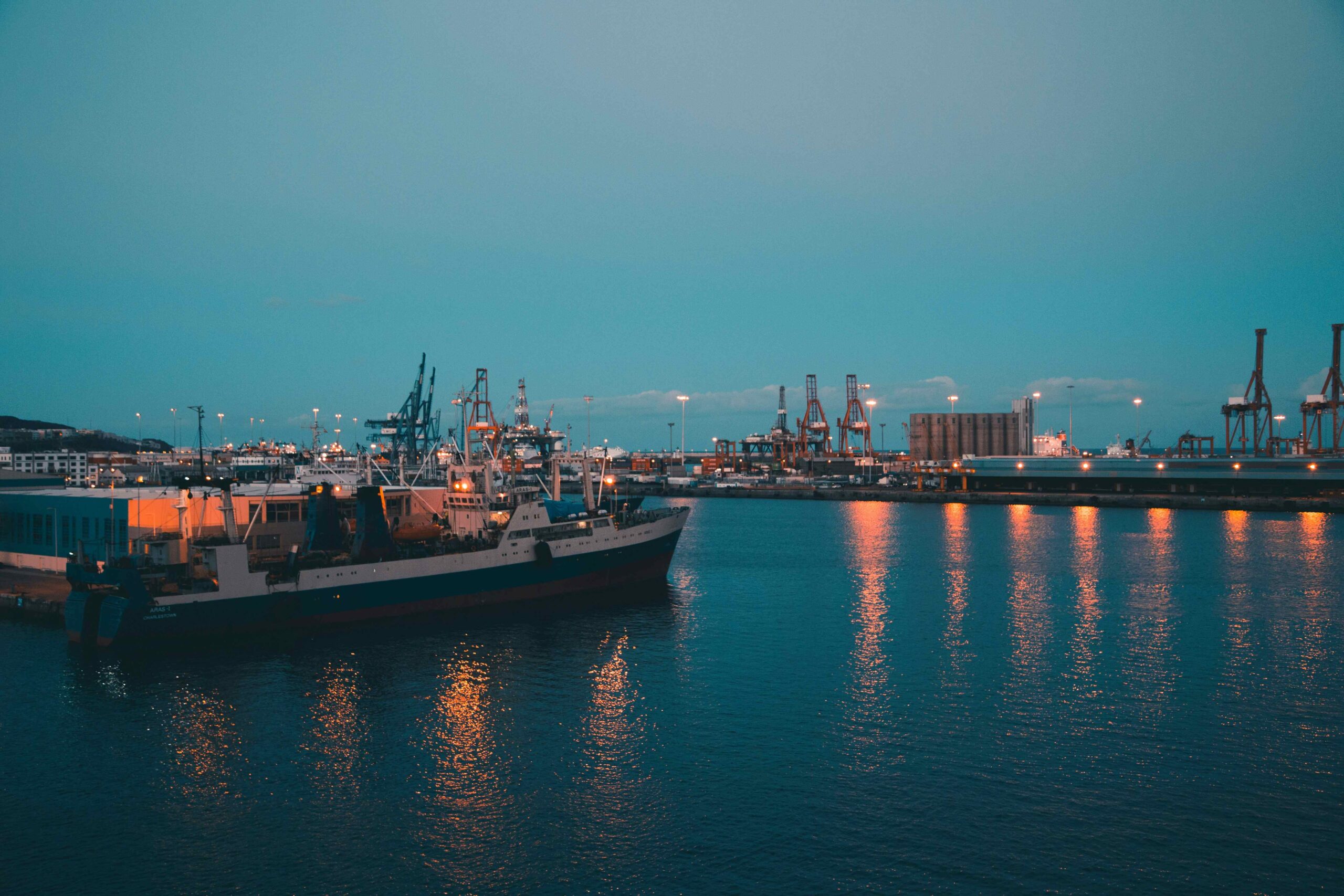Impact of Digital Twin Technology on Bunker Fuel Efficiency
Digital twin technology is reshaping maritime operations by offering real-time insights, predictive capabilities, and enhanced efficiency across vessel management. This article examines how digital twins specifically impact bunker fuel efficiency, emphasizing their advantages, implementation strategies, and future implications for the industry. Understanding Digital
Bunker Fuel Auditing and Verification Processes
In the maritime industry, bunker fuel auditing and verification processes are critical measures to uphold regulatory compliance, ensure fuel quality, and maintain operational integrity. This article delves into the essential aspects of bunker fuel auditing and verification, highlighting their significance, methodologies, challenges, and
The Environmental Benefits of Scrubbers in Marine Vessels
Scrubbers, or exhaust gas cleaning systems, have emerged as a critical technology in the maritime industry aimed at reducing air pollution and improving environmental sustainability. This article explores the significant environmental benefits of scrubbers installed on marine vessels, highlighting their role in mitigating
Regional Analysis of Bunker Fuel Markets
Understanding regional dynamics in the bunker fuel market is essential for stakeholders in the maritime industry to navigate localized challenges, capitalize on opportunities, and adapt strategies accordingly. This article provides an in-depth analysis of key regional bunker fuel markets worldwide, highlighting market characteristics,
The Role of Bunker Fuel Traders and Brokers
In the intricate web of global maritime commerce, bunker fuel traders and brokers occupy a crucial position, facilitating the supply chain by connecting suppliers with vessel operators. This article explores the pivotal roles, functions, and challenges faced by bunker fuel traders and brokers
Bunker Fuel Blending: Techniques and Challenges
Bunker fuel blending is a critical process in the maritime industry, involving the mixing of different types and grades of fuel to meet specific performance requirements while optimizing cost-efficiency. This article delves into the techniques used in bunker fuel blending, explores the challenges
Maritime Insurance and Bunker Fuel Risks
Maritime insurance is crucial for mitigating risks associated with bunker fuel operations, providing essential protection against potential liabilities and financial losses for vessel owners and operators. This article examines the intersection of maritime insurance and bunker fuel risks, discussing key considerations, challenges, and
The Role of Ship Owners and Operators in Bunker Fuel Management
Efficient bunker fuel management is a cornerstone for ship owners and operators navigating the intricacies of maritime operations, regulatory compliance, and financial prudence. This article explores the pivotal role ship owners and operators play in overseeing bunker fuel management, detailing strategies, challenges, and
Bunker Fuel Contamination: Causes and Consequences
Bunker fuel contamination poses significant risks and challenges to the maritime industry, impacting vessel operations, safety, and environmental sustainability. This article examines the causes, consequences, and mitigation strategies associated with bunker fuel contamination, highlighting the importance of stringent quality control measures and regulatory
Port State Control and Bunker Fuel Compliance
Port State Control (PSC) plays a pivotal role in enforcing international maritime regulations, including those related to bunker fuel. This article explores the significance of PSC inspections in ensuring bunker fuel compliance, the regulatory frameworks governing fuel quality and emissions, and the implications










